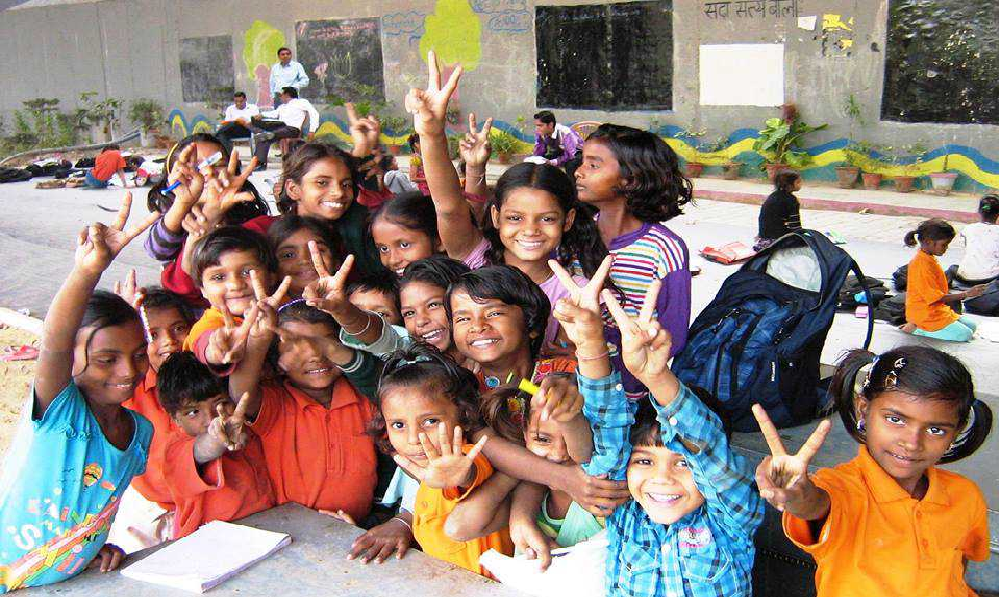Education is a fundamental right, yet access to quality education remains unequal across the globe. For children in low-income communities, access to even basic educational resources is often limited, hindering their academic and personal growth. This blog will explore how non-profit organizations are stepping in to fill the gap by Providing Free Educational Resources and how these efforts impact underserved communities.
The Importance of Educational Resources
Educational resources such as books, learning materials, and technology are critical to a student’s success. In low-income areas, however, these essentials are often missing due to budget constraints, lack of infrastructure, or geographical isolation. Without access to adequate resources, students struggle to keep up with their peers, leading to higher dropout rates and fewer opportunities in the long term.
Non-profit organizations play a crucial role in offering educational resources to underprivileged students. By supplying textbooks, school supplies, and even digital resources like computers and tablets, these organizations bridge the gap between students and the quality education they deserve.
The Digital Divide and Its Consequences
In today’s digital age, access to technology has become synonymous with access to education. Yet, many low-income students do not have the technology required to participate in modern educational systems. Whether it’s lacking a computer at home or having limited access to the internet, the digital divide widens the gap between rich and poor students.
Nonprofits are instrumental in addressing this divide. By Providing Free Educational Resources such as laptops or facilitating access to the internet through community programs, they help create an even playing field for all students. For many, these resources are the difference between falling behind and excelling academically.
Empowering Teachers and Communities
Non-profits also focus on empowering teachers by providing them with the tools they need to deliver quality education. Professional development programs, educational workshops, and access to teaching materials enable educators to offer better learning experiences for their students. By supporting teachers, nonprofits ensure that educational improvements are sustainable and impactful in the long run.
Beyond the classroom, nonprofits work with communities to create supportive environments that encourage learning. Whether through after-school programs, mentorship, or tutoring services, these organizations foster a culture of education in underserved areas.
Long-Term Impact
The long-term impact of Providing Free Educational Resources is transformative. Children who receive adequate educational support are more likely to complete their schooling, pursue higher education, and ultimately contribute positively to society. Education is a powerful tool for breaking the cycle of poverty, and by focusing on free resources, nonprofits empower entire communities to rise.
By addressing the educational disparities that exist, nonprofits make a lasting difference. Their efforts not only benefit individual students but also create a ripple effect that positively impacts families, schools, and society as a whole.
Fikrah exemplifies how non-profits can transform lives by focusing on education. Through their dedication to offering free educational resources, Fikrah has empowered countless children, proving that every child deserves access to quality education, regardless of their financial circumstances. By bridging this gap, Fikrah paves the way for brighter futures and stronger communities. Fikrah stands as a leading example of how nonprofits can transform lives by focusing on education. Through their dedication to Providing Free Educational Resources, Fikrah has helped countless children reach their potential, proving that every child deserves the right to a quality education, regardless of their financial background.
Click here to know more about “The role of the education NGO in India”

